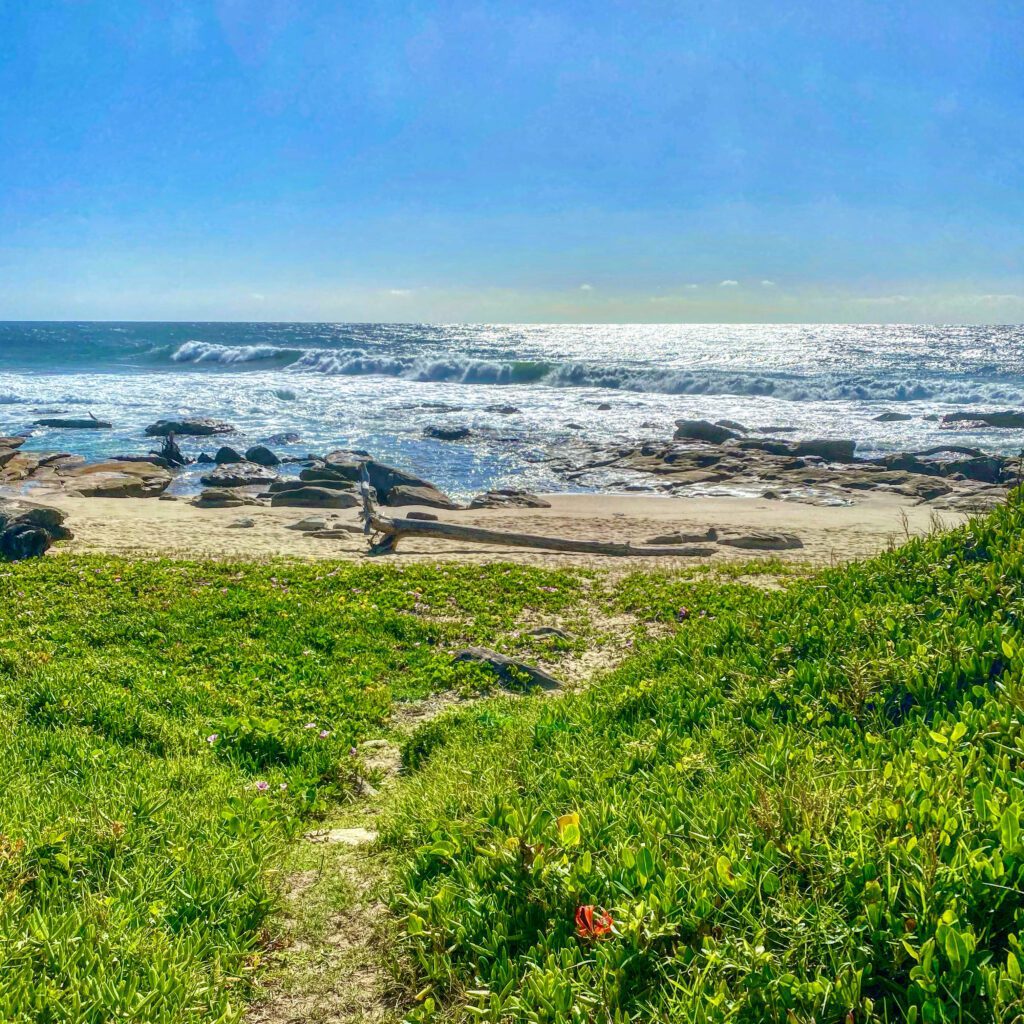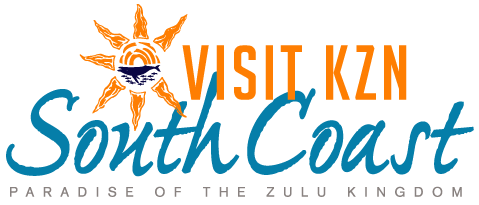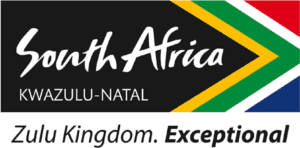
Beautiful KZN South Coast Beaches

Step out into PARADISE FOUND and enjoy our beautiful beaches … visitors are spoilt for choice with #7BlueFlag Beaches and a total of 58 bathing beaches to chose from … along 120km of exquisite pristine safe bathing beaches!
The KZN South Coast boasts the most permanently managed Blue Flag beaches in Africa. The 7 Blue Flag beaches, which are awarded annually, are Hibberdene beach, Umzumbe beach, Southport beach, Manaba beach, Ramsgate beach, Marina beach and Trafalgar beach.
Blue Flag is an international eco-label that is awarded to world-class beaches for their standard of excellence in safety, water quality, environmental education and management standards.
In South Africa the programme is managed by WESSA in partnership with local municipalities.
All 7 of the KZN South Coast’s Blue Flag beaches offer lifeguards all year round as well as shark nets for beach goers’ peace of mind.
BEAUTIFUL KZN SOUTH COAST BEACHES
Known as the ‘Paradise of the Zulu Kingdom’, the South Coast of KwaZulu-Natal has an incredible variety of pristine natural wonders, but (and yes it deserves to be mentioned again) the 120km shoreline and the many aquatic adventures are definitely leading attractions.
With 58 beaches made up of endless stretches of golden sand, constantly lapped by the warm Indian Ocean, and a myriad of gorgeous tidal pools for swimming and rock pools for exploration… this is the ideal seaside holiday. 
The main beaches are all manned by lifeguards, with shark nets during peak and off peak holiday season.
TAKE A DIP IN PARADISE AND EXPLORE OUR 7 BLUE FLAG BEACHES.
Article taken from Southern Explorer 2022.
We are self catering holiday accommodation agents in the greater Uvongo, Shelly Beach, Manaba Beach, St Michaels on Sea, Margate on the South Coast. We at Van Heerden Letting offer a large selection of holiday flats and houses. Great Prices and Friendly Service!!


